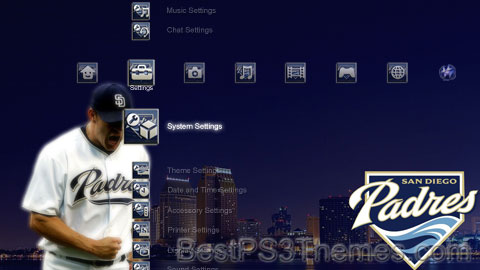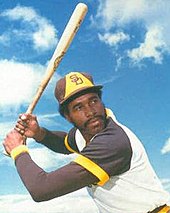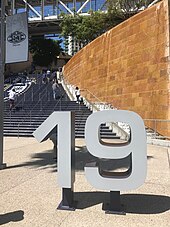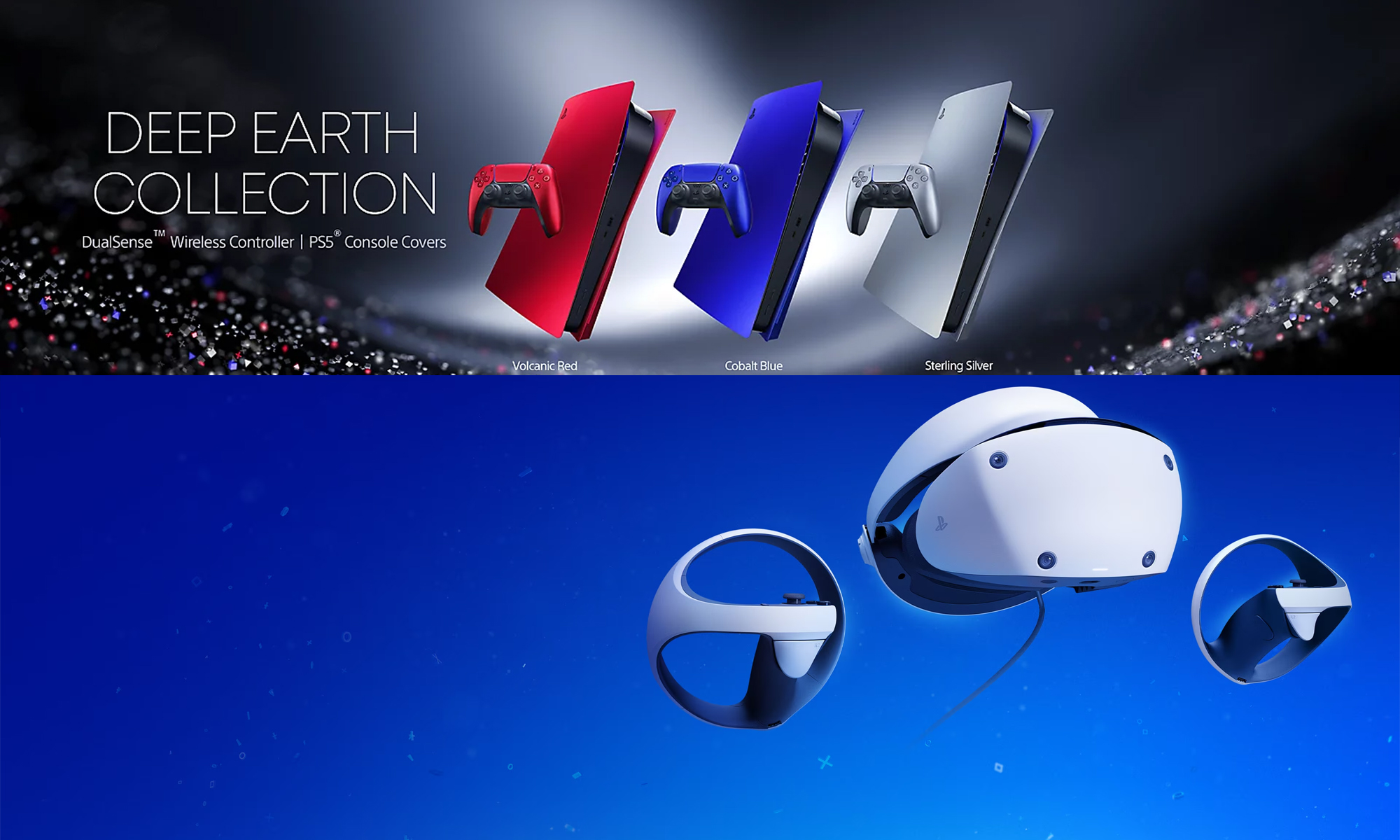San Diego Padres theme by jacs
Download: SanDiegoPadres.p3t

(1 background)
| San Diego Padres | |||
|---|---|---|---|
| |||
| |||
| Major league affiliations | |||
| |||
| Current uniform | |||
 | |||
| Retired numbers | |||
| Colors | |||
| Name | |||
| |||
| Other nicknames | |||
| |||
| Ballpark | |||
| |||
| Major league titles | |||
| World Series titles (0) | None | ||
| NL Pennants (2) | |||
| West Division titles (5) | |||
| Wild card berths (2) | |||
| Front office | |||
| Principal owner(s) | Estate of Peter Seidler | ||
| President of baseball operations | A. J. Preller | ||
| General manager | A. J. Preller | ||
| Manager | Mike Shildt | ||
| Website | mlb.com/padres | ||
The San Diego Padres are an American professional baseball team based in San Diego. The Padres compete in Major League Baseball (MLB) as a member club of the National League (NL) West Division. The team was founded as an expansion franchise in 1969. The Padres play their home games at Petco Park, which has served as the team's ballpark since 2004. The team's name, Spanish for "fathers", refers to the Spanish Franciscan friars who founded San Diego in 1769. The Padres are owned by the estate of Peter Seidler, who owned the team from 2012 until his death in 2023.
The first owner of the team was prominent San Diego businessman C. Arnholt Smith. The Padres are one of two MLB franchises in California to originate from the state. The team has won two NL pennants, in 1984 and 1998, losing in the World Series both years; they are the oldest team that has never won the World Series. As of 2023, the Padres have had 17 winning seasons in franchise history. Among the eight expansion teams of the 1960s, the Padres were the last to reach the postseason. Despite reaching the postseason four times from 2005 to 2022, the team has yet to return to the World Series.
In 1976, Randy Jones achieved the first Cy Young Award for the Padres. In the 1980s, Tony Gwynn became a major star, winning eight National League batting championships. Under manager Dick Williams, the Padres clinched their first NL pennant, losing to the Detroit Tigers in the 1984 World Series. In 1995, Kevin Towers became general manager; under his lead, Ken Caminiti became the first Padres player to win the MVP Award. The Padres achieved their second NL pennant alongside Trevor Hoffman, eventually being swept by the New York Yankees in the 1998 World Series.
From 1969 through 2023, the Padres have an overall record of 4,034–4,648–2 (.465).[3]
History[edit]
Pacific Coast League[edit]
The Padres adopted their name from the Pacific Coast League team that arrived in San Diego in 1936. This minor league franchise won the PCL title in 1937, led by 18-year-old Ted Williams, the future Hall-of-Famer who was a native of San Diego.
Major League Baseball[edit]
In 1969, the Padres joined the ranks of Major League Baseball as one of four new expansion teams, along with the Montreal Expos (now the Washington Nationals), the Kansas City Royals, and the Seattle Pilots (now the Milwaukee Brewers). One of its earliest owners was C. Arnholt Smith, a prominent San Diego businessman and former owner of the PCL Padres whose interests included banking, tuna fishing, hotels, real estate and an airline. Despite initial excitement, the guidance of longtime baseball executives, Eddie Leishman and Buzzie Bavasi, as well as a new playing field, the team struggled; the Padres finished in last place in each of its first six seasons in the NL West, losing 100 games or more four times. One of the few bright spots on the team during the early years was first baseman and slugger Nate Colbert, an expansion draftee from the Houston Astros and still the Padres' career leader in home runs.
The team's fortunes gradually improved as they won five National League West titles and reached the World Series twice, in 1984 and in 1998, but lost both times. The Padres' main draw during the 1980s and 1990s was hall of famer Tony Gwynn, who won eight league batting titles. They moved into their current stadium, Petco Park, in 2004.
On August 20, 2020, the Padres became the first team in MLB history to hit a grand slam in four consecutive games earning the nickname, "Slam Diego Padres".[4]
Until 2021, the Padres were the last team in MLB that had yet to throw a no-hitter. The record was broken on April 9, 2021, as Joe Musgrove accomplished the feat against the Texas Rangers,[5] finally ending the longest no-hit drought by a team in MLB history. On September 5, 1997, Andy Ashby took a no-hitter into the ninth inning, which was previously the closest that the team had come to achieving this feat.[6]
On November 14, 2023, Peter Seidler, who owned the Padres since 2012, died at the age of 63.[7][8]
Season records[edit]
Postseason history[edit]
| Year | Wild Card [A] | NLDS [B] | NLCS | World Series | ||||
|---|---|---|---|---|---|---|---|---|
| 1984 | None | None | Chicago Cubs | W (3–2) | Detroit Tigers | L (1–4) | ||
| 1996 | None | St. Louis Cardinals | L (0–3) | |||||
| 1998 | None | Houston Astros | W (3–1) | Atlanta Braves | W (4–2) | New York Yankees | L (0–4) | |
| 2005 | None | St. Louis Cardinals | L (0–3) | |||||
| 2006 | None | St. Louis Cardinals | L (1–3) | |||||
| 2020 | St. Louis Cardinals | W (2–1) | Los Angeles Dodgers | L (0–3) | ||||
| 2022 | New York Mets | W (2–1) | Los Angeles Dodgers | W (3-1) | Philadelphia Phillies | L (1–4) | ||
- ↑The wild-card round was first played in 2012 and expanded for the 2020 season.
- ↑The National League Division Series was first played in 1981 and added permanently in 1995.
Championships[edit]
The Padres are one of two teams in the National League West that have never won the World Series, though they have made and lost both appearances as the National League Pennant winner in 1984 and 1998.[9]
Achievements[edit]


Award winners & league leaders[edit]
Team record (single-season & career)[edit]
Baseball Hall of Famers[edit]
The following elected members of the Baseball Hall of Fame played or managed for the Padres.
| San Diego Padres Hall of Famers | |||||||||
|---|---|---|---|---|---|---|---|---|---|
| Affiliation according to the National Baseball Hall of Fame and Museum | |||||||||
|
Ford C. Frick Award recipients (broadcasters)[edit]
| San Diego Padres Ford C. Frick Award recipients | |||||||||
|---|---|---|---|---|---|---|---|---|---|
| Affiliation according to the National Baseball Hall of Fame and Museum | |||||||||
|
Retired numbers[edit]

The Padres have retired six numbers. The numbers are commemorated in a display at Petco Park's entrance at Home Plate Plaza. Fans are allowed to pose for pictures next to the aluminum numbers, which are 3 feet 11 inches (1.19 m) high, 5+1⁄3 feet (1.6 m) wide, and 1 foot (0.30 m) deep.[10][11] Originally, the numbers were atop the batter's eye in center field, until they were relocated in 2016.[10][12] The numbers were not ready for display in time for the park's opening in 2004,[13] but they were unveiled midseason.[B] Also beginning in 2016, the numbers are displayed in the Ring of Honor on the upper deck façade above the press box behind home plate.[10][15]
In 1988 Steve Garvey was the first player to have his number retired by the Padres. He played only five seasons with San Diego, but hit the game-winning two-run home run in the bottom of the ninth inning against the Chicago Cubs in Game 4 of the 1984 National League Championship Series (NLCS), tying the series before the Padres won the next day.[16][17][18] He was named the NLCS Most Valuable Player, and San Diego advanced to their first World Series.[19] In 2016, The San Diego Union-Tribune ranked Garvey's Game 4 homer as the No. 1 moment in San Diego sports history.[20] However, he played 14 of his 19 seasons with the rival Los Angeles Dodgers,[20] where he was also more productive, and the retirement of his number by San Diego has been heavily debated.[21][22][23]

On April 15, 1997, exactly 50 years after Jackie Robinson broke the baseball color line, the No. 42 he wore with the Brooklyn Dodgers was retired throughout major league baseball.[19][24] Later that year, Randy Jones's No. 35 was retired by the Padres. He was a two-time All-Star (1975, 1976) and the club's first Cy Young Award winner in 1976.[25] On the day his number was retired, the Union-Tribune wrote that Jones was "the most popular athlete in the history of this city" during the mid-1970s.[26] Dave Winfield was next to have his number, 31, retired in 2001, when he was also inducted into the Baseball Hall of Fame. His retirement ceremony also celebrated his decision to be the first member of the Hall of Fame to have his plaque depicting him wearing a Padres cap. Winfield played for six teams in his 22-year career, spending his first eight seasons in San Diego.[27][28] In 2004, the Padres retired No. 19 in honor of Gwynn, who is widely considered the greatest Padres player ever.[14][29] He played his entire 20-year career with San Diego and won an NL-record eight batting titles.[14] The most recent number to be retired was Trevor Hoffman's No. 51 in 2011. He had retired from playing after 2010, when he left the game as MLB's career leader in saves with 601, including 552 with the Padres.[30]
Prior to moving to Petco, the team played at Qualcomm Stadium, where the retired numbers were originally displayed on banners hanging from the light towers above the left field stands.[31][32] However, Garvey's number was commemorated instead on the wall behind the spot in right-center field where his winning home run in the 1984 NLCS cleared the fence, but the number disappeared when the stadium was expanded in 1997 and the location was masked by an overhang.[19][32][33] It reappeared in 2002 when all the retired numbers were moved and inscribed on the outfield fence.[32]
| No. | Retired number |
|---|---|
| Player | Name of player honored |
| Position | Player position |
| Career | Years played with Padres |
| Retired | Date number was |

